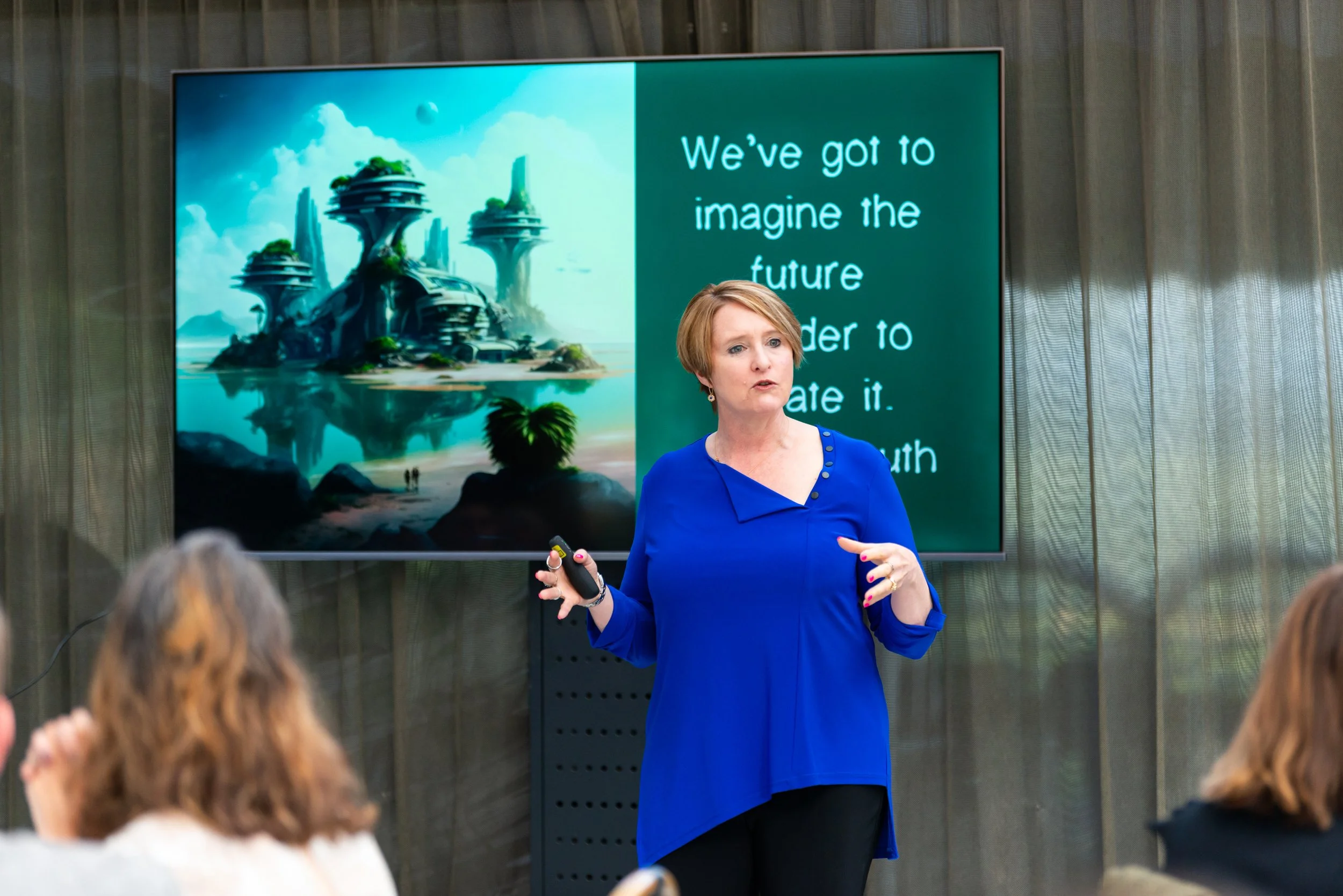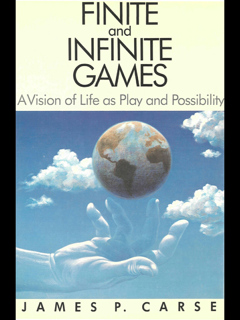Australian Cricket has had a bit of a big bash these last few months. Caught in the act of ball tampering, three players were suspended and a broad culture and ethics review was undertaken by the Ethics Centre. Its leadership was in the spotlight.
Leadership principles for lasting impact
The report states,
"We have seen evidence that the structures built around elite cricket are oriented to winning, without properly counting the cost."
There was much good stuff about Australian Cricket written in the report about the aspirational intentions of the team. These were Australian Cricket values identified by the report:
Show respect, talk straight
Never be afraid to challenge or be challenged
Play hard and play fair
Embrace diversity. Listen. Customer’s Voice 1st. Do what’s best for cricket.
Guidelines without focus are results without ethics, as Cricket Australia discovered in hindsight.
As leaders, this is what we can learn:
Don't sacrifice long-term contribution for short-term results! Results need to be signals for effective and quality execution, not an end in themselves.
If all we focus on is results, then we will bend and jiggle and warp the means to get there.
We’ve seen it time and again with the high profile governance scandals: AMP and other banks as exposed in the Banking Royal Commission. Short term profit goals drove unethical and illegal behaviour.
It’s not about throwing results out the window and standing on principle. We still need to drive results. But we also need to lead impact for a lifetime. This means that we see beyond the short-term win to the long-term meaning of our activities. It’s not about the scoreboard, it’s about the game.
Transformative leadership is the ultimate goal
In his remarkable book, Finite and Infinite Games, James Carse says:
"Infinite play is inherently paradoxical, just as finite play is inherently contradictory.
Because it is the purpose of infinite players to continue the play, they do not play for themselves.
The contradiction of finite play is that the players desire to bring play to an end for themselves. The paradox of infinite play is that the players desire to continue the play in others. The paradox is precisely that they play only when others go on with the game."
Basically Carse is saying that you can play the short view and play only to win. This is selfish and what Carse would say is a Finite Game.
The Infinite Game is relishing in the impermanence of things and that the joy of the game is playing it so others can play after you. The Infinite Game elevates play because its purpose is about what comes after us.
So in our work as leaders, there are finite games: these are projects that create results. And there are Infinite Games: the transformation we are creating as Amplifiers, the purpose that gives the results and projects meaning.
Where do you put your focus? Is it on short terms results or long-term impact? How can you swing your focus between the two?
***
Related Articles:
Change Perspective for Better People Stuff Power
Discover Hidden Allies for Boundless Leadership to Catapult Results
Why Experience at Work is Critical for Your Business Results
***
About the author, Canberra leadership expert Zoë Routh:
Zoë Routh is one of Australia’s leading experts on people stuff - the stuff that gets in our way of producing results, and the stuff that lights us up. She works with the growers, makers, builders to make people stuff fun and practical.
Zoë is the author of four books: Composure - How centered leaders make the biggest impact, Moments - Leadership when it matters most, Loyalty - Stop unwanted staff turnover, boost engagement, and build lifelong advocates, and People Stuff - Beyond Personalities: An advanced handbook for leadership. People Stuff was awarded Book of the Year 2020 by the Smart WFM Australian Business Book Awards.
Zoë is also the producer of The Zoë Routh Leadership Podcast.


